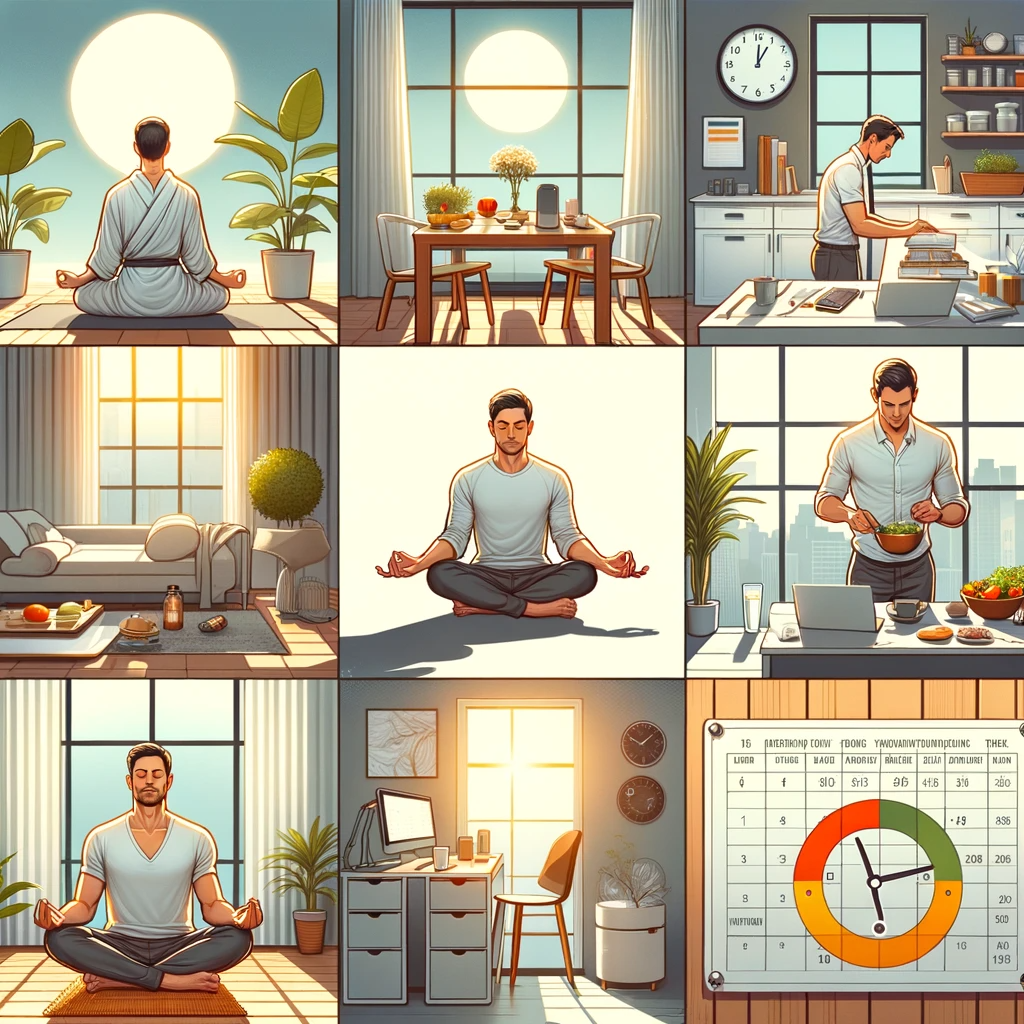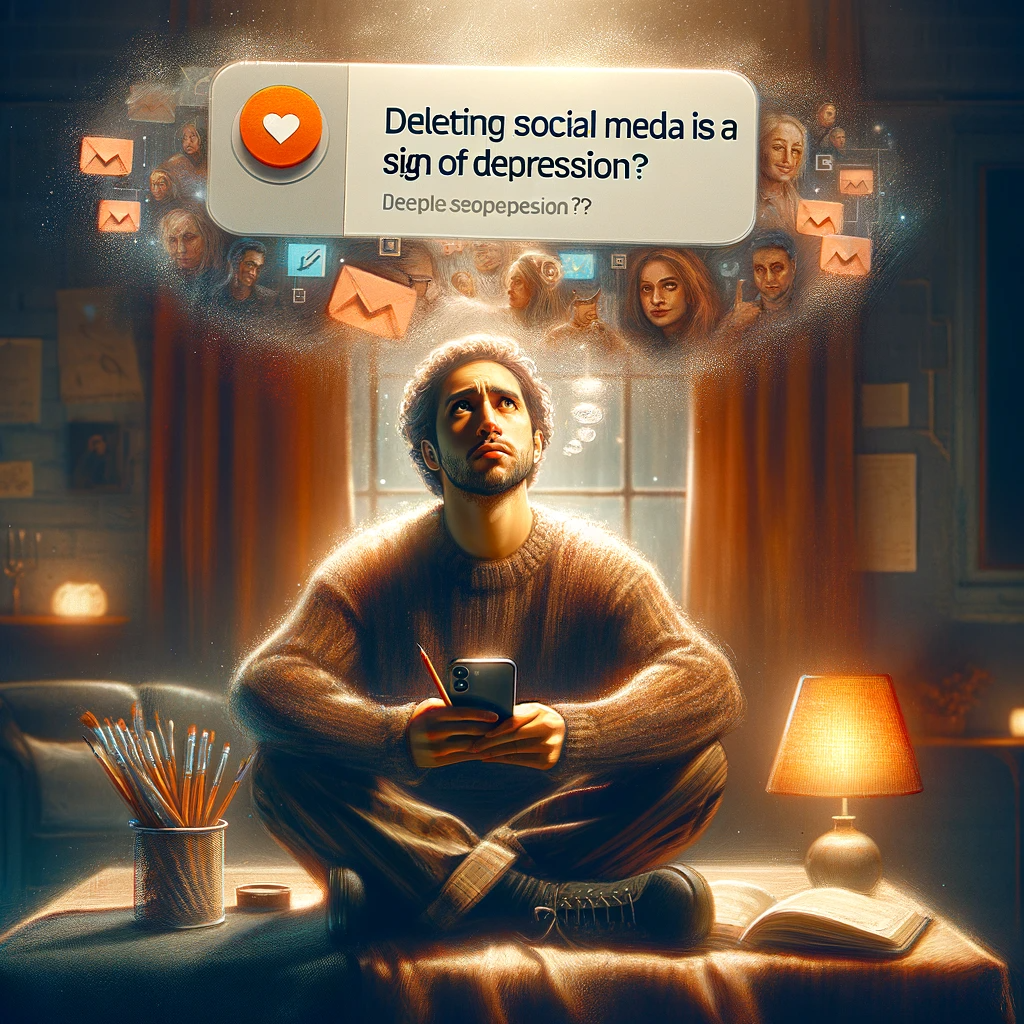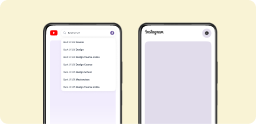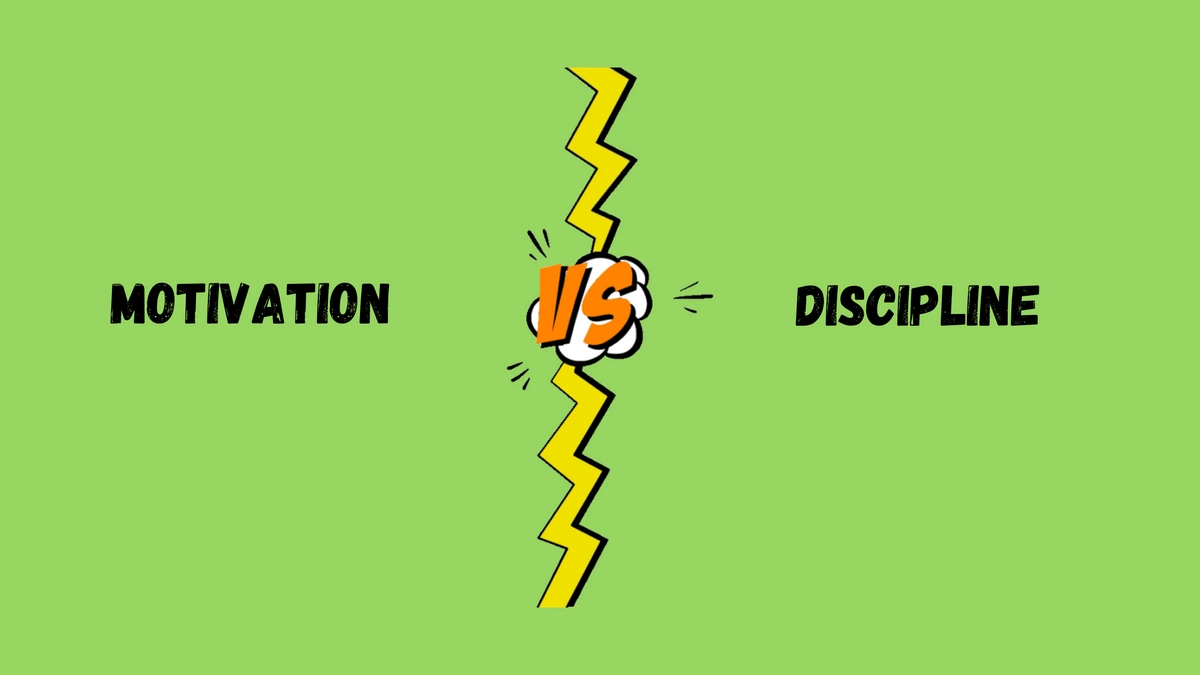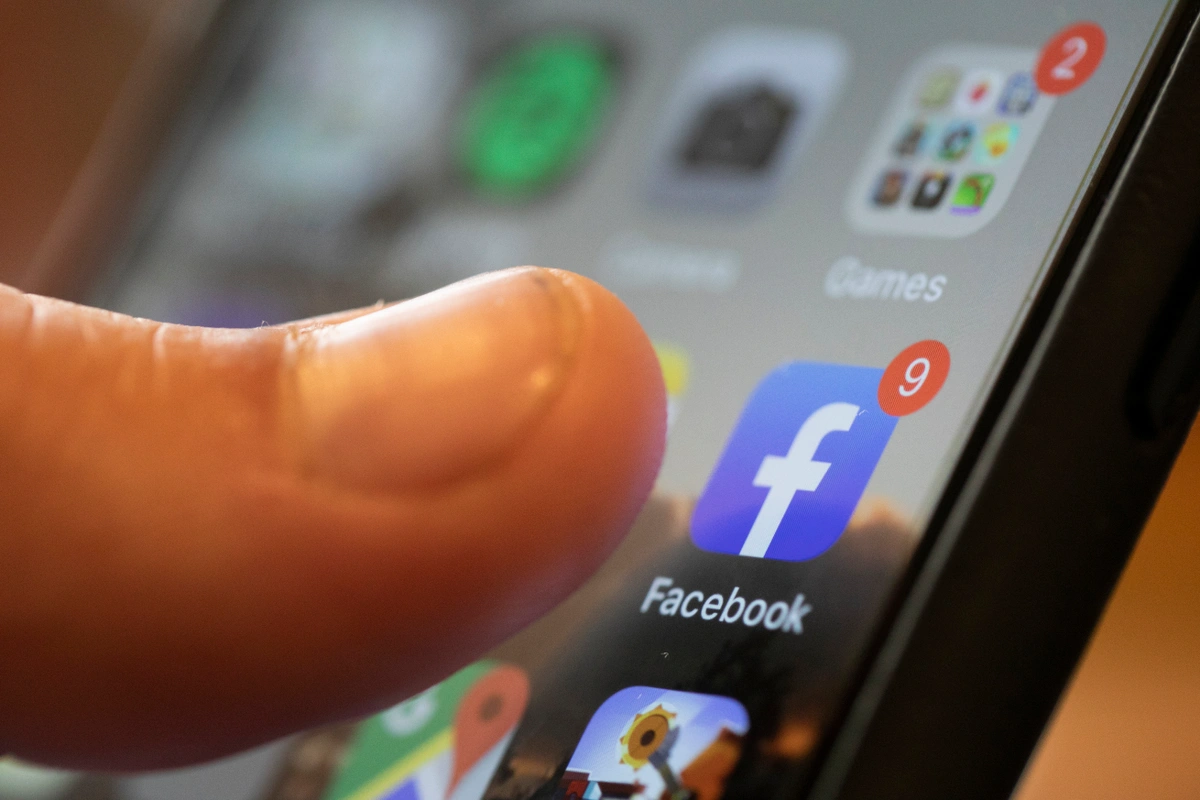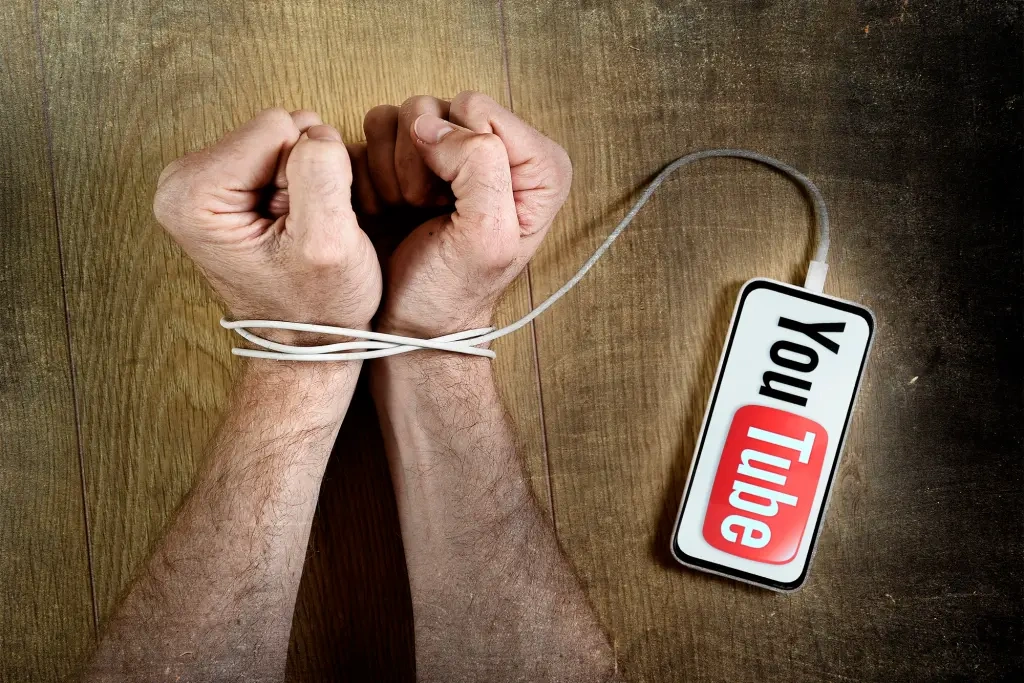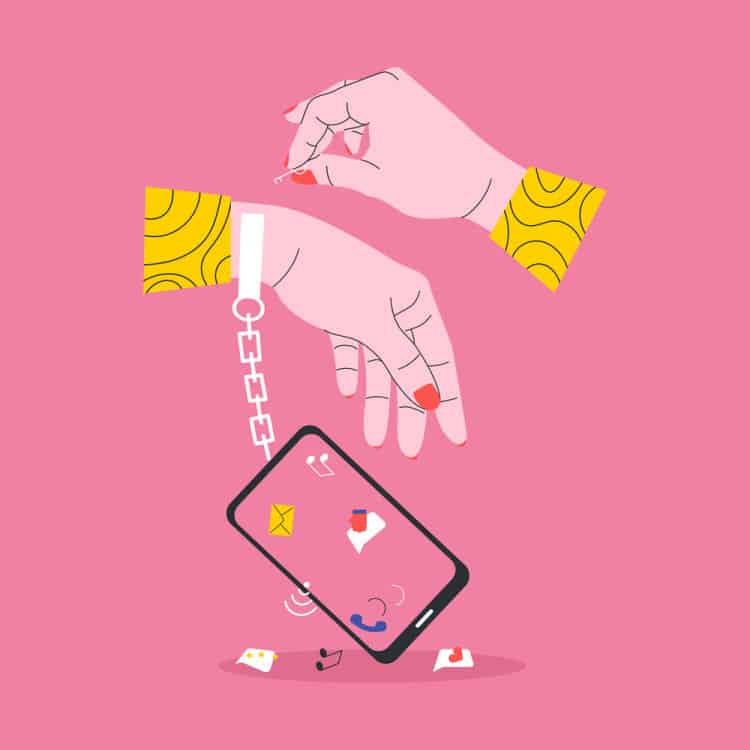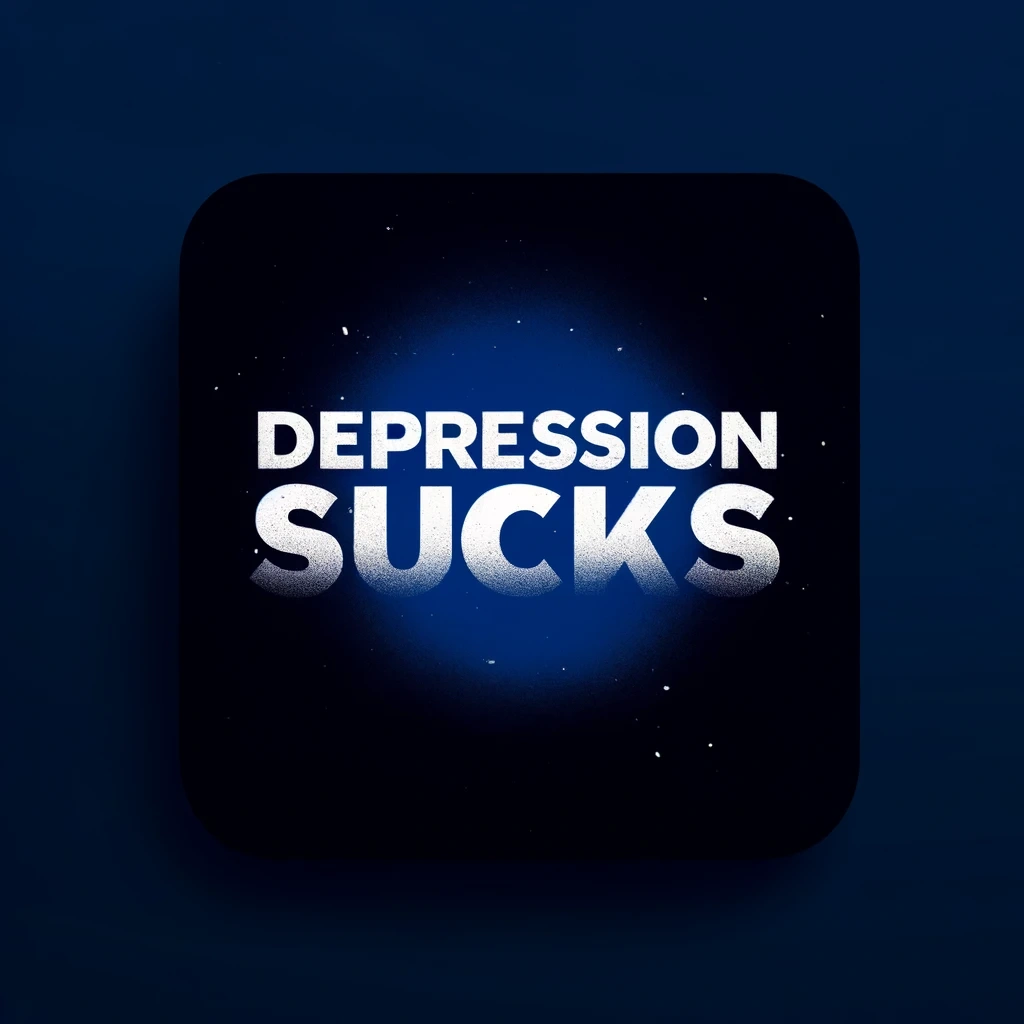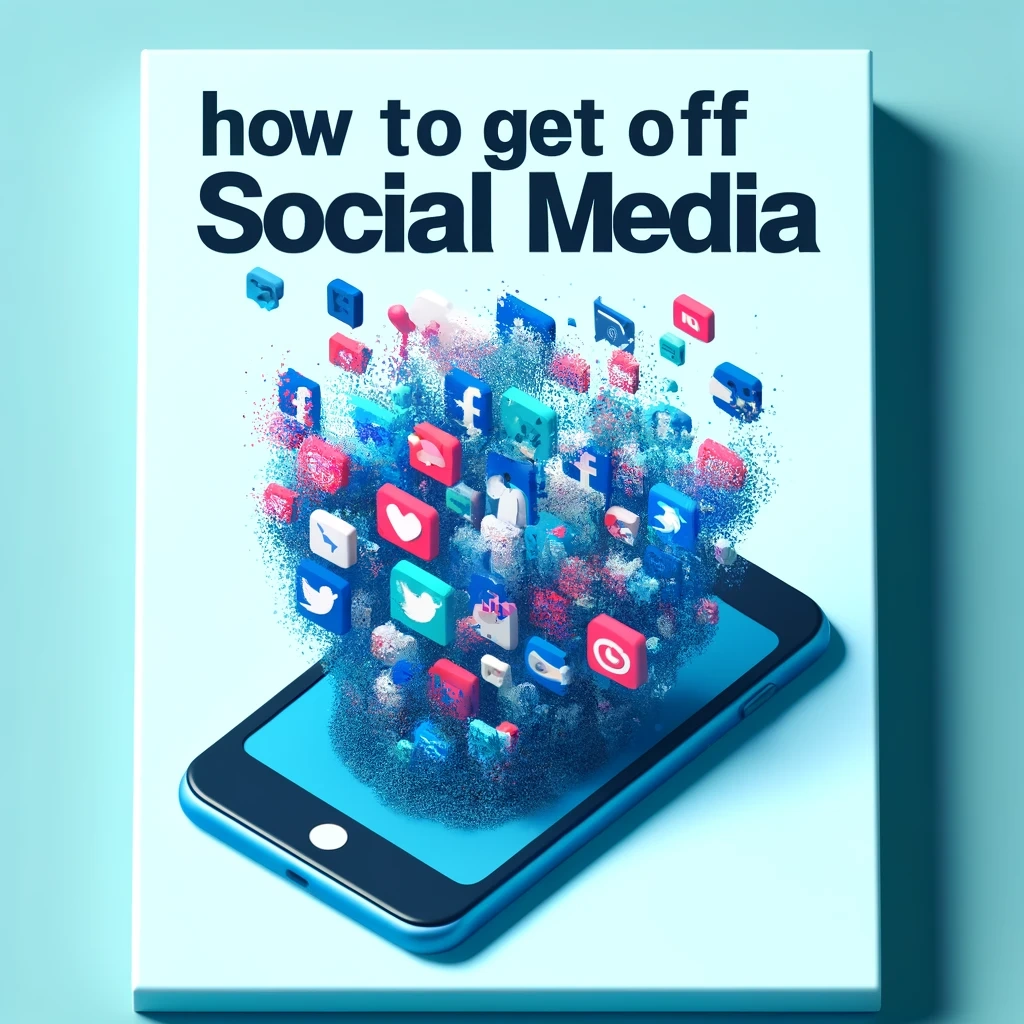Wind Down Time: Your Guide to a Healthier Digital Life
Introduction: Ever felt like your brain is on a never-ending treadmill, thanks to the digital world? You're not alone! In an era where our phones are smarter than our dinner conversations, finding time to wind down is like searching for a Wi-Fi signal in the Sahara. But fear not! This blog is your digital lifebuoy, helping you navigate the choppy waters of the internet without sinking into the abyss of digital overload.
Takeaways:
- Wind down time - a productivity hack for ADHD
- Time management and Motivation - wind down time
- Wind down time for focus and productivity
- Understand the importance of wind down time in the digital age.
- Discover strategies for digital detox and managing phone and social media addiction.
- Learn how to use social media to your advantage while avoiding its pitfalls.
Table of Contents:
- Winding Down Time - a productivity Hack, especially important for ADHD
- Wind down for better motivation and Time Management
- Better Focus While Studying or working from Home
- The Art of Unplugging: Why Wind Down Time Matters
- Dopamine Detox: A Path to Digital Wellbeing
- Tackling Phone Addiction: Practical Steps
- The Social Media Conundrum: To Quit or Not to Quit?
- Digital Detox Challenges: Embracing Offline Life
- FAQs on Wind Down Time and Digital Health
- Credible Sources for Further Reading
1. Winding Down Time - a productivity Hack, especially important for ADHD
Neglecting a wind down routine can have a more profound impact on your productivity, motivation, and time management than you might think. Imagine trying to start a car every morning without ever giving it a rest; eventually, the engine wears out. Similarly, our minds need that downtime to reset and recharge.
Without a proper wind down routine, you might find yourself struggling with productivity the next day. This is where tools like productivity apps for iPhone can be a double-edged sword. While they offer organizational benefits, over-reliance without adequate rest can lead to burnout. Similarly, for individuals with ADHD, using planners for ADHD can be a game-changer in managing daily tasks, but these tools are most effective when complemented with a healthy wind down routine.
2. Wind down for better motivation and Time Management
The lack of wind down time can also affect your motivation levels. The concept of monk mode, which involves deep focus and minimal distractions, is hard to sustain without giving your brain time to relax and rejuvenate. Without this, the drive to stay on task diminishes, making even the most engaging activities feel like a chore.
Time management the next day can become a Herculean task when you're running on empty. Tools like time blocking and time management tools are effective, but their efficacy is greatly reduced if your mind is foggy due to inadequate rest. It's like trying to fill a leaky bucket; no matter how well you plan, you can't hold onto the time effectively.
Moreover, the temptation to use productive apps instead of social media can lead to a false sense of productivity. While these apps are beneficial, they cannot replace the rejuvenating effects of a proper wind down routine. It's essential to balance the use of digital tools with offline relaxation techniques.
3. Better Focus While Studying or working from Home
In the long run, consistently skipping wind down time can lead to a cumulative effect on your overall wellbeing. This can manifest in reduced cognitive function, making tasks like staying focused while studying or productive working from home more challenging.
To counteract these effects, consider incorporating strategies to reduce your screen time and how to detach from social media. Remember, while technology offers incredible tools for productivity and time management, they are most effective when used in a balanced lifestyle that includes adequate wind down time.
4. The Art of Unplugging: Why Wind Down Time Matters
In a world where 'busy' is a status symbol, taking time to unplug can feel like a luxury we can't afford. But here's the twist: wind down time isn't just about relaxation; it's about reclaiming your mental space. Dopamine detox challenges are gaining popularity as a way to reset our brain's reward system, which often gets hijacked by the constant pings of our devices.
5. Dopamine Detox: A Path to Digital Wellbeing
Dopamine detox involves reducing the overstimulation of our brains, particularly from digital sources. It's not just about cutting down screen time; it's about creating healthier digital habits and creating a step towards a safer and more focused digital experience.
6. Tackling Phone Addiction: Practical Steps
Phone addiction is real, and it's not just about the quantity of time spent but the quality of our engagement. Strategies to beat phone addiction include setting specific times for checking notifications, using apps mindfully, and embracing offline activities.
7. The Social Media Conundrum: To Quit or Not to Quit?
Social media can be a double-edged sword. On one hand, it keeps us connected; on the other, it can lead to anxiety and a warped sense of reality. Understanding the reasons to quit social media versus its benefits is crucial. It's about finding balance and knowing how to use social media to your advantage.
Social media addiction is a modern challenge that can significantly hinder our ability to wind down effectively. The constant barrage of notifications, the endless scroll of updates, and the dopamine rush from social media interactions can keep our minds engaged in a state of hyper-alertness, making it difficult to relax and decompress.
One of the primary issues with social media addiction is the way it disrupts our natural sleep patterns. The blue light emitted from screens can interfere with our circadian rhythms, making it harder to fall asleep. Moreover, the engaging nature of platforms like Instagram and TikTok, known for their addictive qualities, can lead to hours of unintended usage, eating into our precious wind down time.
For those considering a break from social media, questions like "should I delete social media?" or "is deleting social media a sign of depression?" often arise. While deleting social media can be a drastic step, it's sometimes necessary to break the cycle of addiction. However, it's important to understand that moderation and mindful usage can also be effective strategies. Tools like how to block Twitter on iPhone can help manage usage without completely cutting off.
For those not ready to fully delete their accounts, learning how to stop using social media without deleting it can be a viable alternative. This approach allows for a more balanced use of social media, ensuring it doesn't encroach on your wind down time.
It's also inspiring to look at people with no social media and understand how their lives differ without the constant digital distraction. Their experiences can provide valuable insights into the benefits of a life less tethered to social networks.
In the context of social media distraction, it's crucial to recognize the signs of addiction. Understanding what causes social media addiction can help in developing strategies to combat it. For instance, setting specific times for social media use or using apps that limit your daily usage can be effective.
Finally, embracing a life with no social media or reduced social media can lead to a more peaceful and focused mind, essential for a proper wind down routine. It's about finding a balance that works for you, where social media is a tool for connection and information, not a barrier to your mental well-being and relaxation.
As you wind down and embrace moments of relaxation, finding the right balance with social media is crucial. Instead of letting it consume your wind-down time, consider using BeTimeful to gently guide your digital habits. By setting boundaries and prioritizing mindfulness, BeTimeful ensures that your wind-down moments are truly restorative, free from the distractions and stress that excessive screen time can bring.
8. Digital Detox Challenges: Embracing Offline Life
Participating in a digital detox challenge can be a transformative experience. It's about rediscovering hobbies, connecting with nature, and engaging in meaningful face-to-face interactions.
9. FAQs on Wind Down Time and Digital Health
Q: How often should I do a dopamine detox? A: It varies, but starting with a weekend detox once a month can be beneficial.
Q: Can quitting social media improve my mental health? A: Yes, it can lead to reduced anxiety and a more authentic sense of self. However, moderation and mindful usage can also be effective.
Q: What are some signs of phone addiction? A: Constantly checking your phone, feeling anxious when it's not around, and neglecting face-to-face interactions are common signs.
In conclusion, mastering the art of wind down time in our digital lives is essential for mental wellbeing. It's not about shunning technology but about using it wisely and mindfully. For more insights, explore these credible sources on dopamine detox, phone addiction, and social media's impact. Remember, in the digital age, sometimes the best thing you can do is unplug and recharge – both your devices and yourself!
How to start your wind time: Calm.






